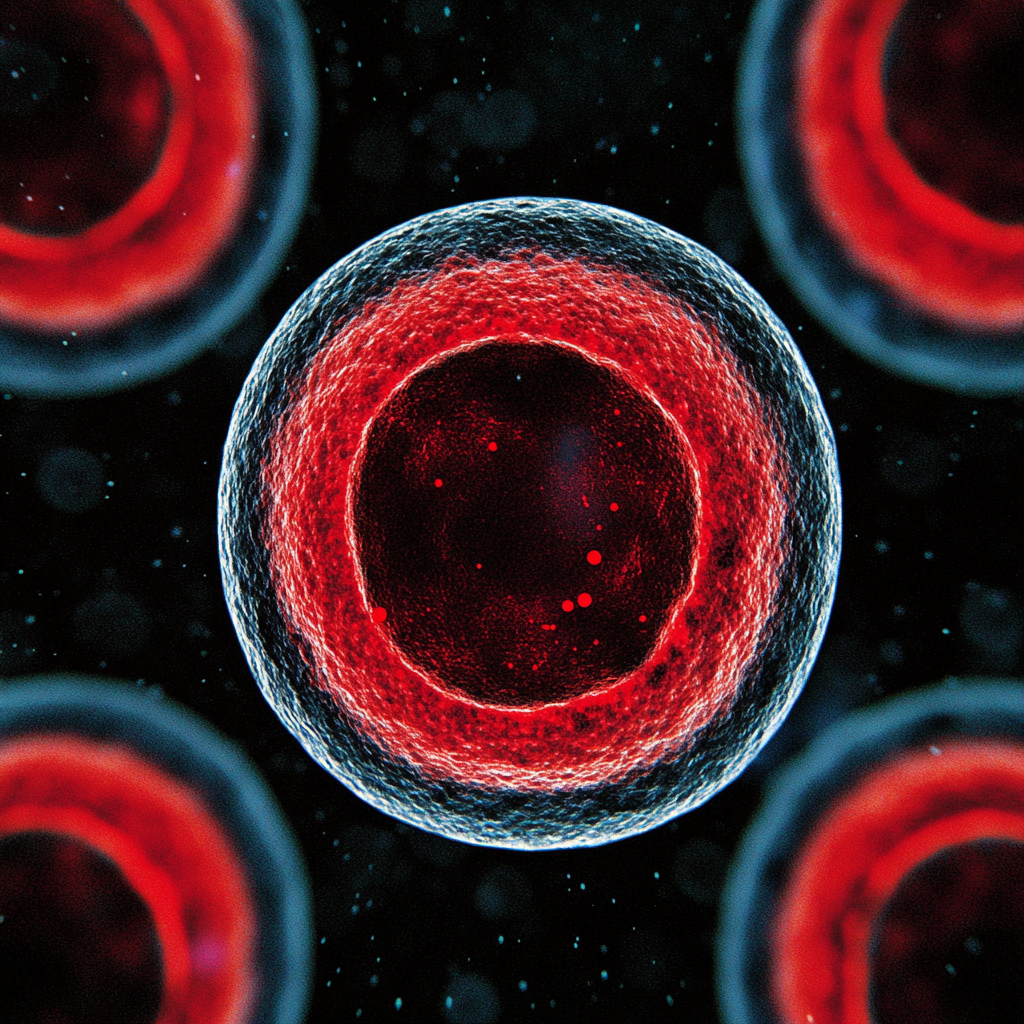The Clinical Efficacy of Gegen Qinlian Decoction in Treating Type 2 Diabetes
Study Overview
Recent studies show that the effectiveness of Gegen Qinlian Decoction (GQD) for type 2 diabetes (T2D) is linked to the dose of Coptidis Rhizoma. We conducted three clinical trials to explore this further.
Study Details
In our first study, we found that medium and high doses of GQD were beneficial for T2D patients. To identify the main active ingredient in GQD, we carried out two additional studies:
- Study 2: Used Puerariae Lobatae Radix as the main drug.
- Study 3: Used Coptidis Rhizoma as the main drug.
Each study involved about 120 newly diagnosed T2D patients, divided into three groups based on dosage (high, medium, low) over 12 weeks. We measured the primary outcome by looking at changes in HbA1c levels.
Results Summary
In Study 2, HbA1c levels decreased slightly, but not significantly across groups:
- High Dose (HD): 0.58
- Medium Dose (MD): 0.28
- Low Dose (LD): 0.55
In Study 3, the decrease in HbA1c levels was more pronounced and statistically significant:
- High Dose (HD): 0.75
- Medium Dose (MD): 0.34
- Low Dose (LD): 0.26
This indicates that Coptidis Rhizoma is the main effective ingredient in GQD for treating T2D.
Conclusion
The results confirm that the effectiveness of GQD in managing T2D is primarily due to Coptidis Rhizoma, not Puerariae Lobatae Radix.
Practical Solutions for Clinicians
Clinical trials are essential for developing effective treatments. To make this knowledge accessible, we offer DocSym, an AI-driven platform that integrates clinical standards and research for easy access by healthcare providers.
In today’s healthcare setting, efficiency is key. Our mobile applications assist with scheduling, treatment monitoring, and telemedicine, enhancing patient care management.
By adopting AI, clinics can optimize their processes and improve patient outcomes while reducing paperwork. Discover more at aidevmd.com.


























